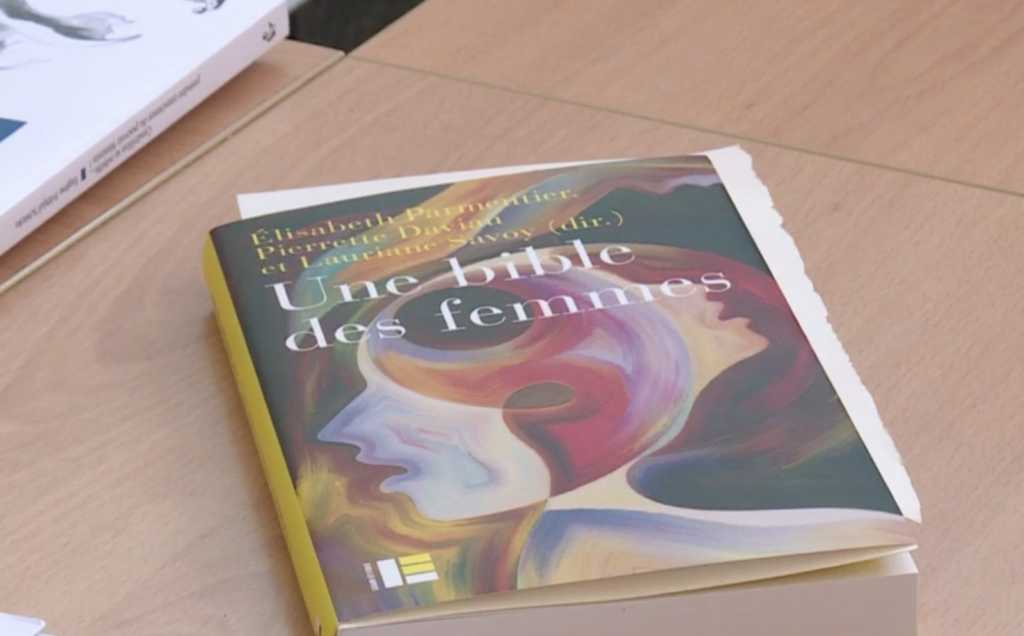A group of 20 feminist theologians have created and published “Une Bible des Femmes” — the “Women’s Bible” — to challenge the interpretations of certain biblical accounts.
The new translation, which first hit shelves in October, was spearheaded by professors Lauriane Savoy and Elisabeth Parmentier of the University of Geneva in Switzerland, according to the Agence France-Presse.
Savoy said she and Parmentier pursued the project because, in their opinion, “feminist values and reading the Bible are not incompatible,” though the Scripture was apparently in need of retooling.
“While some say that you have to throw out the Bible to be a feminist,” Parmentier added, “we believe the opposite.”
Both Savoy and Parmentier argued they are “fighting against a literal reading of the texts,” which Parmienter likened to “taking a letter someone sent to give advice as being valid for all eternity.”
The professors said their goal in creating the “Women’s Bible” was to reimagine “the lingering patriarchal readings that have justified numerous restrictions and bans on women.” Parmentier pointed to the story about Jesus’ visit with Mary and Martha in Luke 10:38-42:
As Jesus and his disciples were on their way, he came to a village where a woman named Martha opened her home to him. She had a sister called Mary, who sat at the Lord’s feet listening to what he said. But Martha was distracted by all the preparations that had to be made. She came to him and asked, “Lord, don’t you care that my sister has left me to do the work by myself? Tell her to help me!”
“Martha, Martha,” the Lord answered, “you are worried and upset about many things, but few things are needed — or indeed only one. Mary has chosen what is better, and it will not be taken away from her.”
“It says that Martha ensures the ‘service,’ which has been interpreted to mean that she served the food,” Parmentier explained, “but the Greek word diakonia can also have other meanings, for instance it could mean she was a deacon.”
Parmentier could very well be right. The word “diakonia” is defined as “service, ministering, [especially] of those who execute the commands of others.”
See Atheist Group’s Bizarre Replacement for Jesus in Nativity Display
For her part, Savoy argued Mary Magdalene’s place in Scripture has long been misunderstood and misinterpreted throughout much of Christendom. She noted that Magdalene “stood by Jesus, including as he was dying on the cross, when all of the male disciples were afraid.”
“She was the first one to go to his tomb and to discover his resurrection,” Parmentier continued. “This is a fundamental character, but she is described as a prostitute … and even as Jesus’ lover in recent fiction.”



